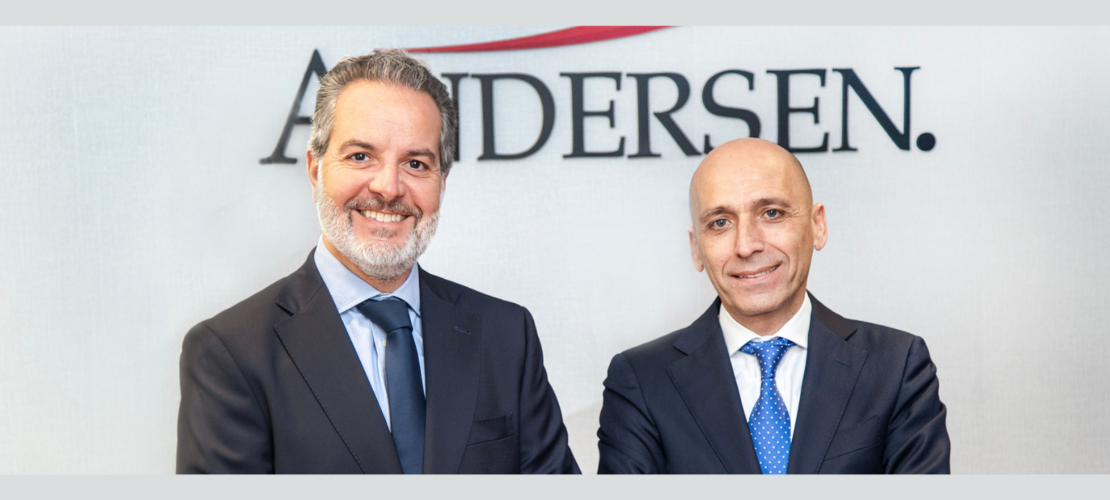Milk Cartel: Illegal Agreements Condemned
The National Court confirms fines of €28 million for five companies and orders the CNMC to recalculate them for four others due to expired periods
by mercedes galán
In 2019, the National Commission for Markets and Competition (CNMC) imposed fines for anti-competitive practices on two associations and eight prominent dairy industries in Spain, including Pascual, Danone, Nestlé, and Lactalis, among others, totaling €80.6 million. This illicit behavior contributed to significantly low milk prices in Spain compared to the rest of the European Union, resulting in serious losses for thousands of farmers in the country. In late February of this year, the Administrative Court of the National Court confirmed the CNMC’s resolution, proceeding to sanction these companies. This instance considered the formation of a cartel to exchange sensitive commercial information and coordinate the purchase of milk in Spain, marking a significant milestone in the legal field. With this ruling confirming the criminal act, it is expected that the number of claims will increase considerably.
Iberian Lawyer spoke to David Fernández, CEO of Eskariam, a Madrid-based firm specialising in large litigation and class actions, about the case for and development of mass claims in Spain.
Before going into the matter at hand, how is the field of mass claims developing in Spain?
The market is following the trend set by Europe, with operators (litigation funds, legal platforms, economists) becoming increasingly sophisticated and professional. This has been influenced by European case law in favor of consumers, which directly impacted cases related to Law 57/68, preferred shares, floor clauses, etc., and Directive 2014/104/EU on actions for damages resulting from competition law infringements, which brought about cases such as the truck cartel, car cartel, or milk cartel. If we add to this the transposition to Spain of Directive 2020/1828/EU on representative actions, the trend, as I mentioned, will be the same as in Europe, with a similar growth in the Spanish market in terms of the number of cases or litigations and the volume of damages to be claimed.
Speaking of the purpose, what were the reasons that led you to lead the claim against the milk cartel?
When we created Eskariam, we were clear about our purpose as a company. We want to make the world a fairer place. Therefore, when analyzing the milk cartel case, in addition to legal, economic, and market viability, we assessed the economic and social impact that the case would have on the livestock sector and regions dedicated to agriculture and farming.
Your involvement in the case has been crucial, how have you been involved in defending the CNMC’s resolution?
From the outset, we were clear that we wanted to participate in defending the CNMC’s investigation and decision; therefore, we appeared on behalf of a farmer in the National Court. During the more than four years that the proceedings have lasted, we have intervened and participated very actively with defence briefs against the appeals of the cartelised dairy industries and milk during the years 2000 and 2013; and it had a clear effect on the market through a reduction of the purchase price of each litre of milk by farmers to the dairy industry












